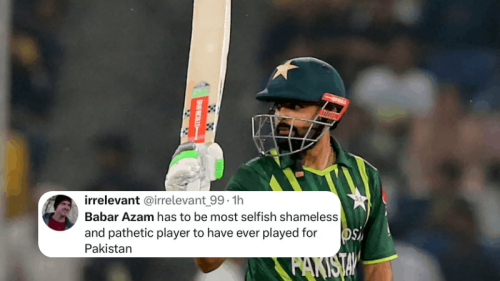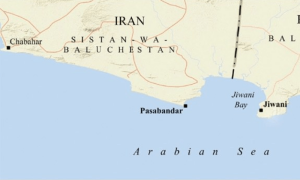
KASARA, Nepal: As Prem Sharma steps gingerly into the sand-filled chamber, lines of baby crocodiles basking in the warm sunshine splash into a pond, eyes glinting behind their long, thin snouts.
Sharma quietly puts his hand into the green water, takes a young reptile from the pool, opens its mouth with a brush and begins to clean its teeth with potash, its thrashing 60 cm (2 ft) body held under his knee.
The activity, repeated every three or four days, is just one example of the tender care lavished on Gharial crocodiles at a farm southwest of the Nepali capital of Kathmandu, an effort to save the critically endangered species from extinction.
“It has got fungus in its teeth because it feeds on fish,” said Sharma, 45, a senior keeper at the Crocodile Breeding Centre at Kasara, who looked older than his age and had a scar on one knee from a crocodile bite four years ago.
“This must be cleaned properly, otherwise the baby will fall sick or even die.” The farm in Chitwan National Park, some 82 km (51 miles) southwest of Kathmandu, was opened in 1978 by the government with support from the Frankfurt Zoological Society in an effort to save the rapidly dwindling gharial, which is also found in neighbouring India.
Six decades ago, gharials -- known for their long, slim snouts and great length, with some growing up to 7 meters (23 ft) long -- were numerous in Nepal. There were 235 in the Narayani-Rapti River, which flows near the park, alone.
But their numbers fell rapidly as they were killed for their skins, used to make purses, shoes and belts. Their eggs have been stolen for food or as a remedy for tuberculosis. In addition, their riverside habitat has been lost to agriculture and water-control projects, with fishing nets also taking a toll.
As a result, their population is now confined to only a small area of Nepal's major rivers. A national census last year found only 102, numbers at which survival in the wild becomes difficult without help -- but that was still up from 50 in 1970, Sharma said.
The centre has three male and 12 female gharials for breeding. Workers also collect eggs from the wild before the onset of the annual floods in July, raise hatchlings in captivity and then release them into the wild.
“If it were not for this, you and I would not be able to see them now. They would have been extinct 15 to 20 years ago,” Sharma said.
Young gharials are released into the wild when they are six years-old, two metres (six feet) long and are able to hunt for themselves for the fish that sustain them. One adult can eat up to six kg (13 lbs) of fish a day.
Authorities in Kasara have released 60 young crocodiles into the river over the past two months.
The neighbouring national park is the home to other rare animals as well, including the Indian one-horned rhinoceros and the Bengal tiger, which is endangered. Thousands of tourists visit the park each year.
But the crocodile farm, surrounded by forests, is also a major lure for visitors, both Nepali and foreign.
Swedish tourist Lars Bjorking, who had seen crocodiles in Mexico and Everglades National Park in Florida, was nonetheless amazed by his sight of the gharials. “This is very interesting,” said Bjorking.
Sharma, who has been a keeper at the farm for the past 20 years -- work that helped him raise two sons of his own -- said he developed a sort of family bond with the crocodiles. “I love them more than my children. I become very sad and feel like crying when they die,” he added.










































